Microsoft was also complacent in its position as the most valuable company on the planet, but woke up in time to avoid fading away like Kodak or BlackBerry.
"It's like the 1990s all over again," Microsoft CEO Satya Nadella said at a product launch in New York on September 21. The 1990s were a golden age for the US software giant, when the Windows operating system was ubiquitous on computers worldwide, helping profits soar and revenue regularly increase by more than 30% each year.
As a result, for a time, Microsoft became the world's most valuable company. But success breeds complacency, according to Economics . By the early 2010s, sales growth had slowed, and profit margins were falling.
Another decade passed, and in the 2020s, Microsoft found a new golden age. This time, CEO Nadella bet on cloud computing instead of Windows as before. This helped Microsoft cut costs and increase profits. Operating profit margin increased from 29% in 2014 to 43%, the highest among the 50 largest non-financial companies in the US by revenue.
Investors seem happy. Since the prospect of tighter monetary policy triggered a tech sell-off in November 2021, Microsoft's stock price has beaten all its major rivals except Apple. At the close of trading on September 29, Microsoft's market capitalization reached $2.35 trillion, making it the second most valuable company in the world behind Apple's $2.68 trillion.
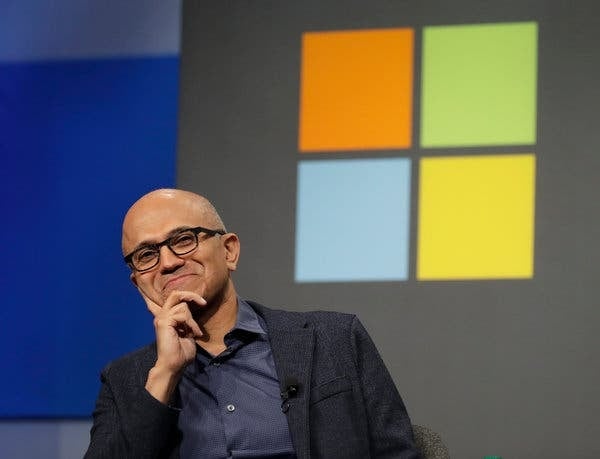
Satya Nadella, CEO of Microsoft. Photo: AP
Now, Mr. Nadella is embarking on another bold reorganization, this time around artificial intelligence (AI). Thanks in large part to his investment in OpenAI, the startup that owns ChatGPT, the strategy has transformed Microsoft into an AI tools company, where just a year ago most observers thought the leader would be Alphabet, Google’s parent company, or Meta, Facebook’s parent company.
There is a prospect that AI can take Microsoft even higher, helping it regain the title of the world's largest company from Apple, according to the Economist . And Microsoft's journey to regain the throne offers three lessons for businesses.
First, vigilance. When Steve Ballmer took over Microsoft from Bill Gates in 2000, Windows was untouchable. As a result, Microsoft failed to capitalize on major changes in technology, such as the emergence of smartphones and cloud computing.
This could easily have led them down the same path as Kodak or BlackBerry. But when Nadella took over as CEO, he was acutely aware of the company’s lagging position. Since then, Microsoft has been keenly aware of promising new technologies. That mindset has helped them quickly pay attention to AI.
The second lesson is that companies don’t have to reinvent the wheel. Microsoft has been very good at figuring out how to aggregate and sell technology created by others. At its recent event in New York, it unveiled “Copilots,” a ChatGPT-like AI assistant that can be used across a variety of software services. At the core of this strategy is the ability to combine OpenAI’s tools with the company’s cloud computing business.
Microsoft now wants to apply the same formula to its gaming business. With Xbox, it plans to combine its cloud technology with the gaming business and expertise of Activision Blizzard, one of the world’s largest video game companies. European Union regulators recently gave the green light to Microsoft’s $69 billion bid to acquire Activision Blizzard.
Microsoft’s approach to M&A is different from Google’s, which is obsessed with innovation. Google has lost a total of $24 billion in its “Other Bets” business since 2018. Similarly, Amazon has also invested heavily in sci-fi technologies that have yet to find customers.
Their holographic displays for smartphones have flopped, and adoption of palm scanning technology at grocery stores has been slow. Amazon and Google have both thrown money at delivery drones.
The final lesson is that exposure to the stock market creates the discipline needed to rein in founders. Mark Zuckerberg, the founder of Meta, has spent $40 billion building his Metaverse dream and plans to spend even more. He can do this because his shares give him 61% of the voting power in Meta. Similarly, Google founders Sergey Brin and Larry Page control 51% of the voting power in Alphabet, which may explain why the company has struggled to expand beyond search.
In contrast, Apple and Microsoft are older, no longer dominated by their founders, and have much higher market capitalizations.
Of course, there are downsides to Microsoft’s strategy to regain its throne. Too much vigilance, for example, can be distracting. Conversely, a founder who concentrates power and ambition can also open up massive new revenue opportunities. But Microsoft remains a rare example of a giant successfully reborn. And this time, if its AI bet pays off, the company could go even further, according to the Economist .
Phien An ( according to The Economist )
Source link



![[Photo] Cat Ba - Green island paradise](/_next/image?url=https%3A%2F%2Fvphoto.vietnam.vn%2Fthumb%2F1200x675%2Fvietnam%2Fresource%2FIMAGE%2F2025%2F12%2F04%2F1764821844074_ndo_br_1-dcbthienduongxanh638-jpg.webp&w=3840&q=75)








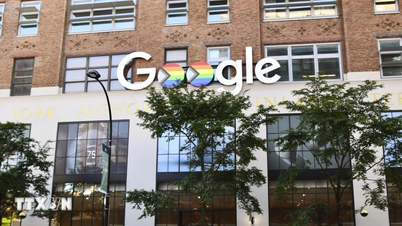

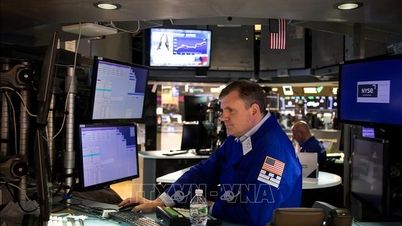












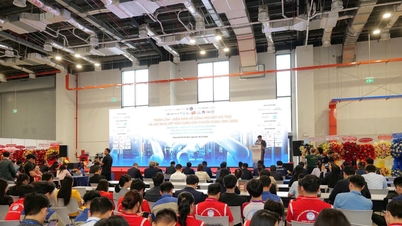


































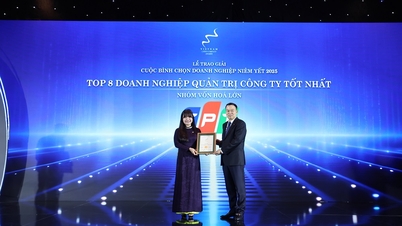


![[VIMC 40 days of lightning speed] Da Nang Port: Unity - Lightning speed - Breakthrough to the finish line](https://vphoto.vietnam.vn/thumb/402x226/vietnam/resource/IMAGE/2025/12/04/1764833540882_cdn_4-12-25.jpeg)














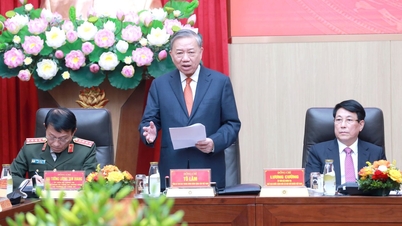

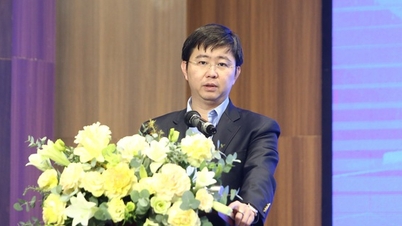































Comment (0)